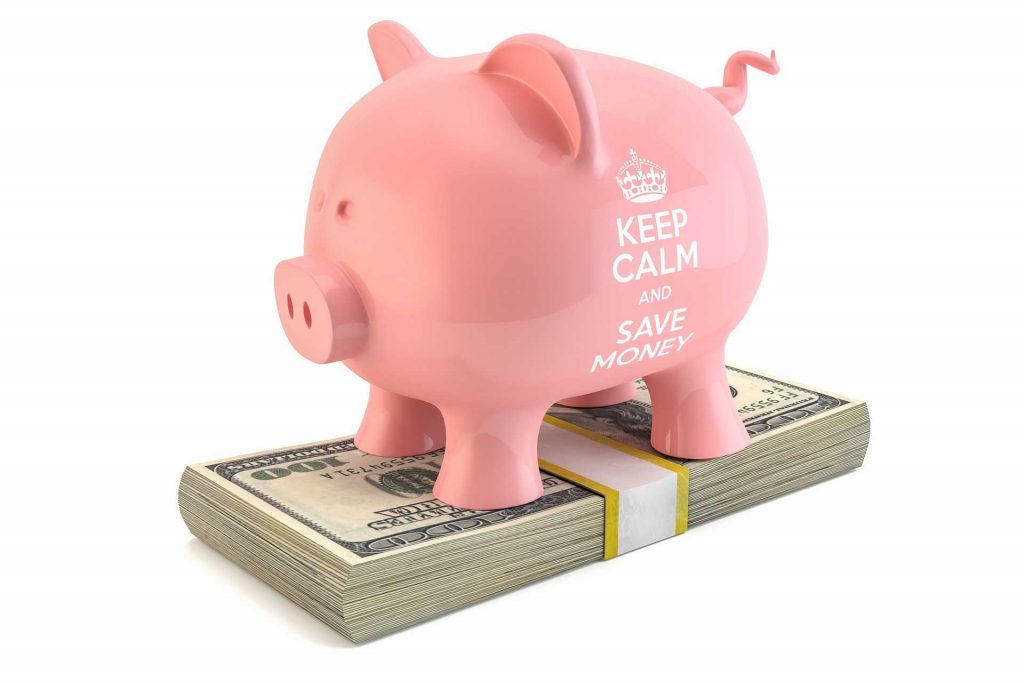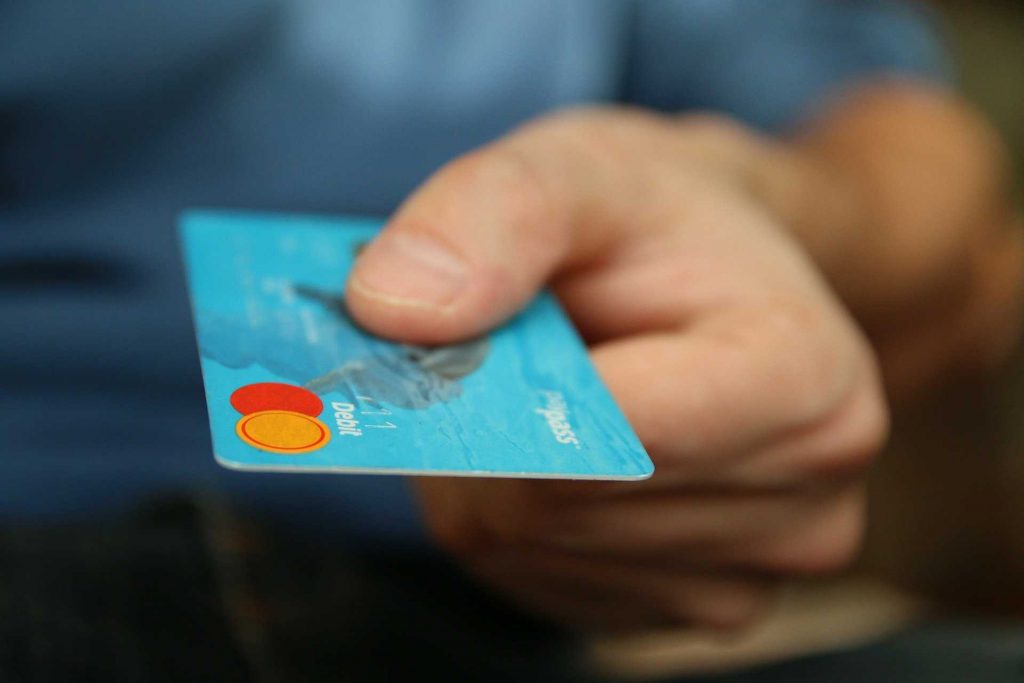
Between household mortgages, student loans, and high credit card spending, it seems that every American today is in some sort of debt. When debt seems unavoidable, how do you stop yourself and your family from going into debt? At Cash Factory USA, we can help you solve this problem. Read on here to learn more.
Is There Good and Bad Debt?
There are different levels of debt that can help you prioritize which purchases are worth making and which debts should be paid off first. While it may be impossible to avoid debt for some people, you can do your best to make healthy financial decisions.
Bad Debts
Any debt that requires incredibly high interest rates or compound interest is bad debt. These could include credit card APRs and high-risk loans. If you need to take on these kinds of debt, make sure you pay off everything the moment it’s due. You don’t want to be stuck with additional fees for making late or partial payments.
Everyone has a credit card. The difference between those with debt and those without is spending within your means and paying your entire balance every month.
Good Debts
While going into debt is never exactly good, there are financial commitments that grow your credit history and result in better investments for the future. Few people can buy a house outright or afford to go to school without loans, but these debts result in assets that will help you make more money in the future. Getting loans with the best possible interest rates and a manageable repayment schedule makes these debts worth it.
Opt For Smaller Loans

Buying a house is one of the biggest reasons for going into debt. While some people manage their money accurately and ensure they can afford the mortgage amount, others make reckless decisions and take out loans they can’t afford.
If you want to buy a home and avoid debt, a good guiding rule for the amount you can spend per year is 25% of your income. If you’re making $50,000 and you’re looking at a 30-year loan, the most you can afford to take out is $375,000. That amount decreases if you want a shorter loan term. At this salary, you can spend just over $1,000 per month on your mortgage. Anything more will put a strain on other elements of your budget.
Buy Responsibly
While there are big-ticket items that can cause your debt to skyrocket, most people stumble on those everyday items they need to survive. They might eat out all the time or shop for clothes too often and find themselves surprised at the end of each month when they don’t have enough money to pay bills. Creating a budget is the best way to avoid going into debt because it clearly outlines what you can afford to spend each month.
Pay Your Credit Card Bills

It may seem obvious to some, but paying off your credit card bills is crucial to avoiding debt. Credit card companies have some of the highest interest rates out there. If you don’t pay off your card each month, your bill skyrockets the next month and you’ll end up owing far more than your original purchase. Don’t just pay the monthly minimum! Pay all of it right away.
A budget will help ensure you’re not spending too much to pay off, and looking for a card with tons of benefits will help too. Some cards have no APR for a full year, others have negotiable APR, and others allow you to set limits so you don’t spend too much. If you have to spend a large amount on a major life event, make sure it’s on a card with zero APR.
Find Scholarships and Grants
Since your school bills are one of the biggest expenses you may have over the course of your life, avoid going into debt over them when you apply for as many scholarships and grants as you can. Finding alternatives to student loans could be the key to getting an education without taking on any debts at all!
Build Up Your Savings
Sometimes, life comes at you fast and you end up with more debt because of an unexpected expense. The best way to avoid debt in these circumstances is to make sure you have an emergency savings fund to pull money from. This should be a separate account from your retirement account. It should also only be used in case of emergency — like a car accident or hospital visit. Some people recommend a minimum of $1,000 in this account. Meanwhile, others prefer to have at least three months of salary. Put as much as you can afford into this account without neglecting your retirement savings or your monthly bills.
Good Insurance Matters

Medical expenses are actually the leading cause of debt in America. Just breaking your arm could lead to months of paying down your debts. With good health insurance and enough money in your emergency fund, even unexpected medical bills won’t result in going into debt.
Pay Your Existing Debt
If you already have a number of debts attached to your name, it doesn’t mean you’ll be paying them forever. Make an effort to pay down your debt and live within your means to rectify your situation. You might have to make some sacrifices along the way, but they’re worth it in the end. Some of the best ways to ensure you’re paying as much as possible towards your debt include:
- Avoid accumulating more debt. Keep your spending under control with a strict budget.
- Create your own repayment plan. Chart a timeline with milestones and goals.
- Negotiate better interest rates with your credit card company.
- Consolidate your debt.
Debt is Part of Life
For most people, debt is a part of life. Being a part of our world simply means that you need to learn how to manage your debt in a way that ensures you don’t spend too much additional money in fees and interest. As long as you are aware of the consequences of going into debt and create a plan to keep you from spiraling into bankruptcy, it’s possible to live a fulfilling, balanced lifestyle.
Cash Factory USA is proud to provide you with the knowledge and tools to make smart financial decisions. Discover more advice when you explore our blog here.